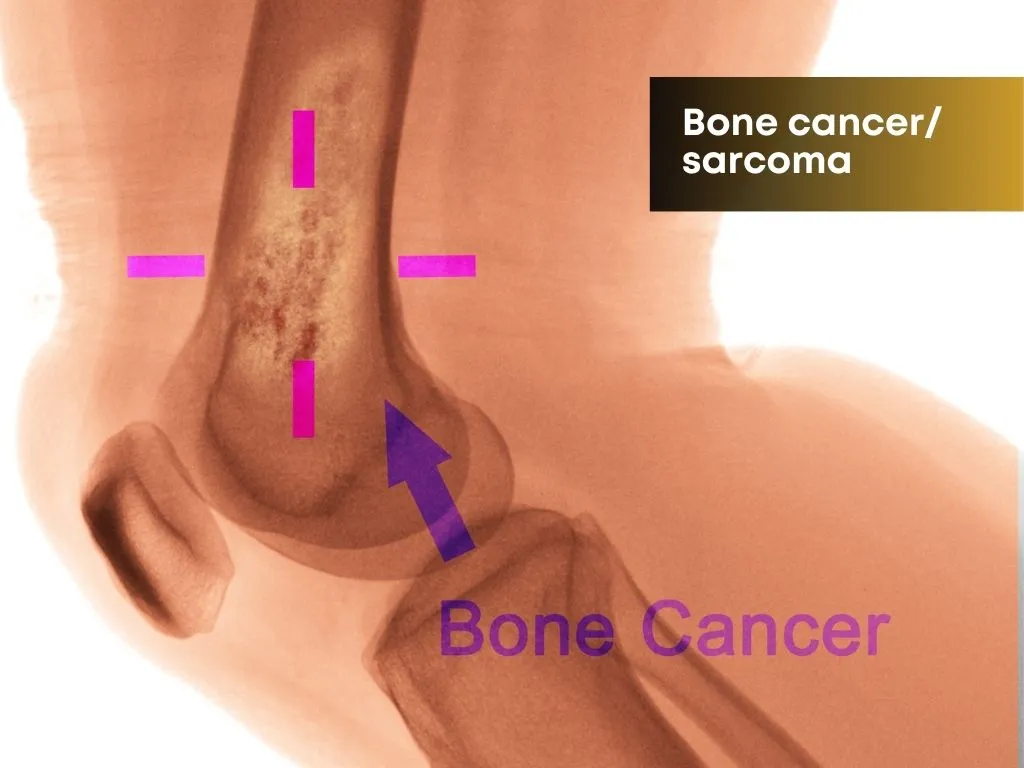Sarcoma
-
 Nalamaree Team
Nalamaree Team
- 06 October 2025
Overview
Sarcoma is a type of cancer that develops in the bones and soft tissues of the body, such as muscles, fat, tendons, and blood vessels. It can occur in any part of the body and can affect people of all ages. Sarcomas are divided into two main groups: bone sarcomas (which develop in the bone) and soft tissue sarcomas (which develop in soft tissues).
Some examples of sarcoma subtypes include,
Causes
There are several ways in which sarcoma can develop and cause harm to a person:
Symptoms
Treatment: Modern Medicine
Here are the primary treatment methods for sarcoma:
Treatment: Traditional Medicine
Caution




















.jpg.webp)
